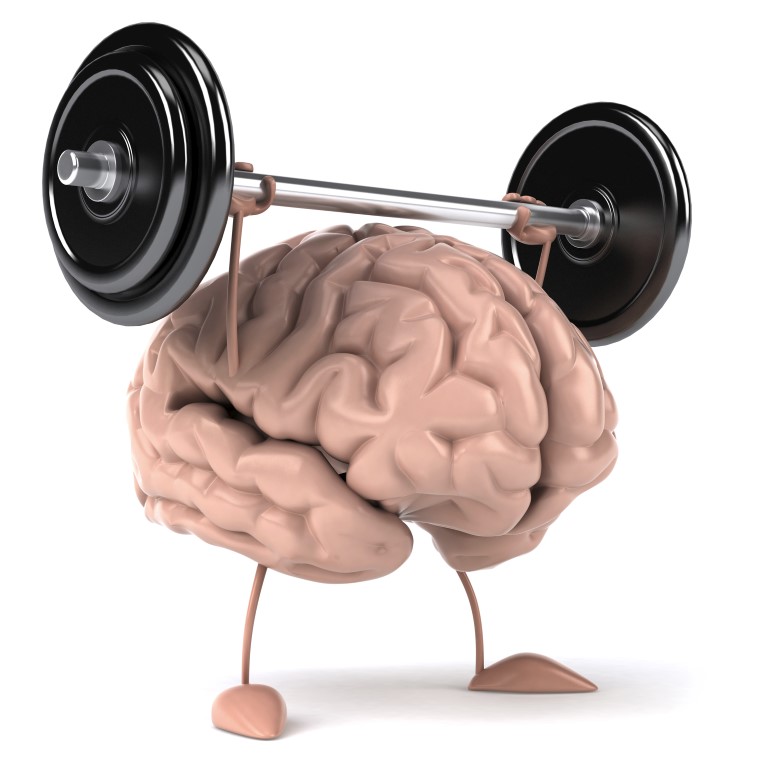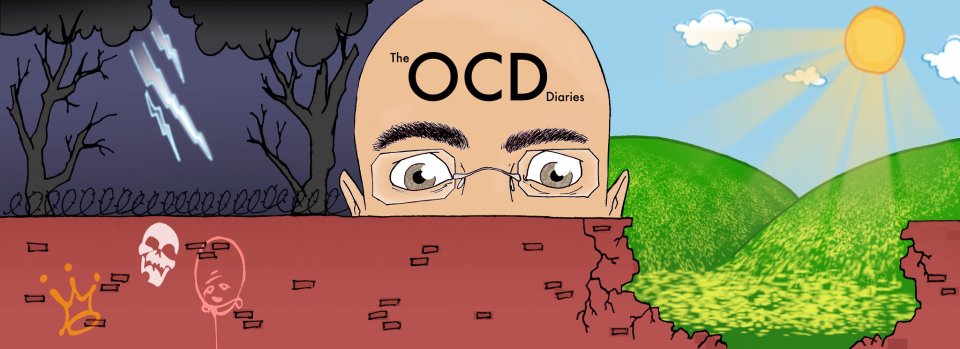I don’t always respond to readers who call me names in the comments section, but sometimes it’s necessary.
Mood music:
[spotify:track:0xfaolnQFiBRZLff8vvkUK]
When I wrote a post the other day about being released from mental therapy, a guy named Jerry had this to say:
Dude you are pathetic. Be a man, work out your issues outside, or in the gym. Talk to your friends and family. You don’t NEED anything, you just tell yourself you do.
Now, I don’t care that he called me pathetic. After 20 years as a journalist, I have pretty thick skin. I also don’t feel the need to repeatedly justify why I write about these things.
But I see his comment as an insult to anyone who struggles to overcome the demons that hold them back.
So I’ll just say this to you, Jerry:
I agree that people need to talk over their challenges with friends and family. If not for that outlet, I wouldn’t be here. I also agree on the value of the outdoors and the gym as both a physical and mental strengthener.
But mental disorders often require the intervention of a medical professional. In this case, a therapist. If a person’s brain chemistry is off and signals don’t move back and forth properly, venting to a friend or demolishing a punching bag in the gym will help. But it won’t fix the brain chemistry problem, and the person will continue to suffer.
Pathetic? Hardly. It takes courage for someone to admit they need help and then go get it.
If that concept is hard for you to accept, leave this blog behind. I’m sure there are plenty of more manly blogs out there for you to enjoy.





